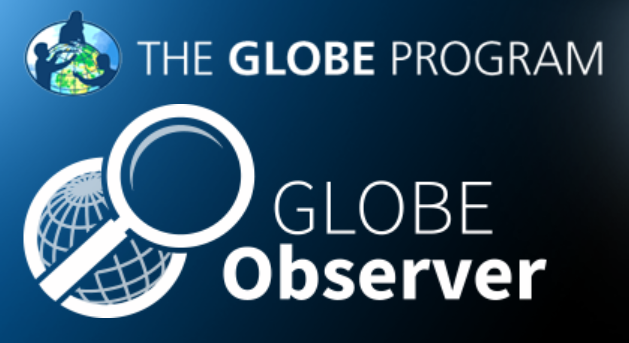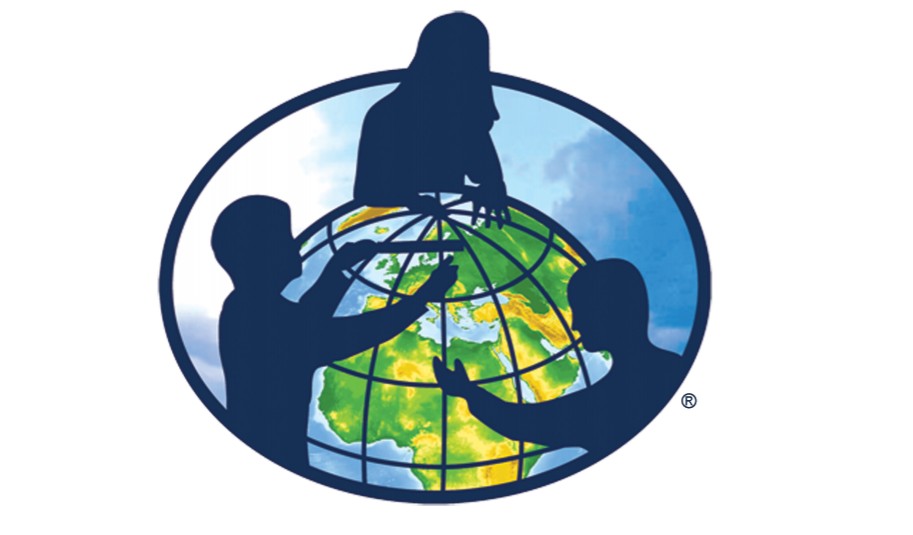
The GLOBE Program's app, GLOBE Observer, is the best way to start collecting GLOBE data as a citizen scientist or informal educator. Through the app, you can take environmental observations and help scientists and students from around the world to study the Earth and the global environment. You can also collect and submit data on GLOBE.gov by creating an account.











